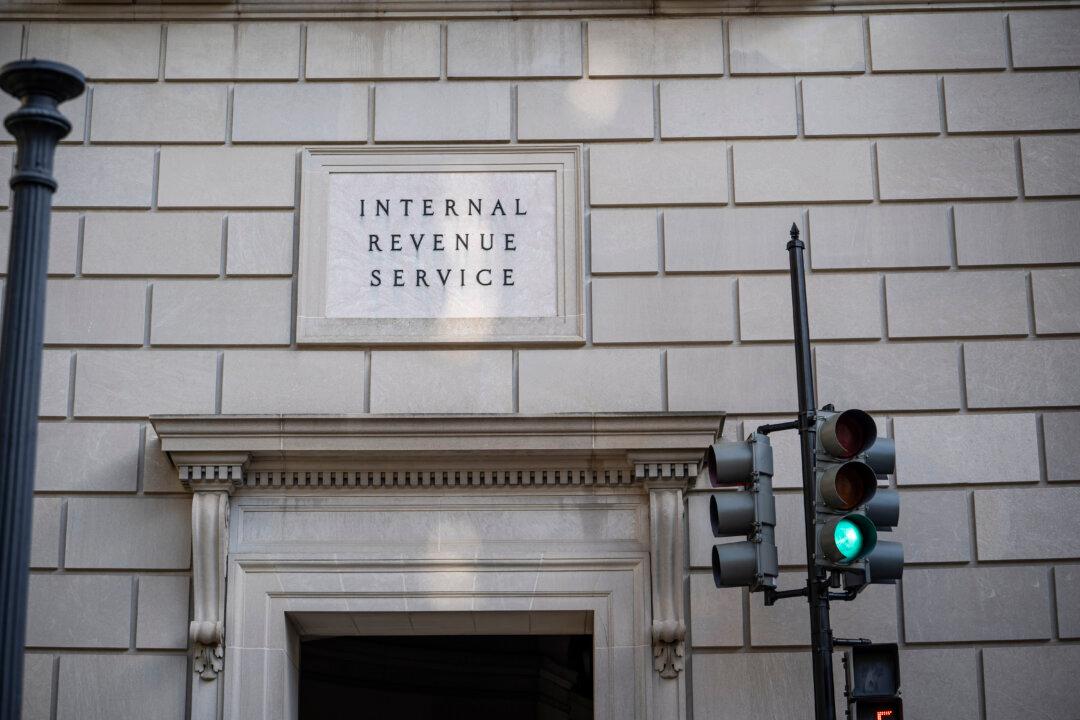The Internal Revenue Service (IRS) has announced new measures aimed at reducing refund delays for some taxpayers while also strengthening protections against identity theft and fraud.
Starting in the 2025 filing season, taxpayers who file electronically can submit returns claiming dependents, even if those dependents have already been claimed on another return, as long as they include a valid Identity Protection Personal Identification Number (IP PIN), the IRS said in a Nov. 21 announcement.





